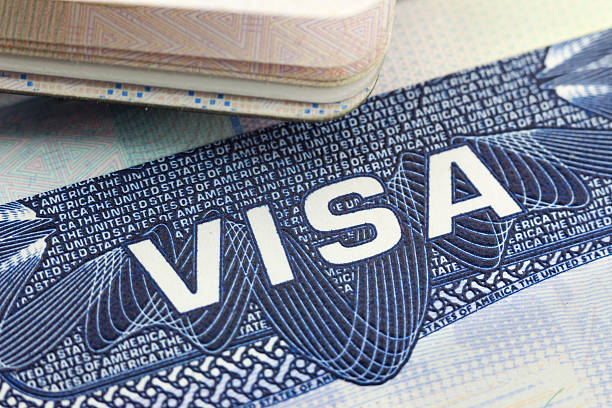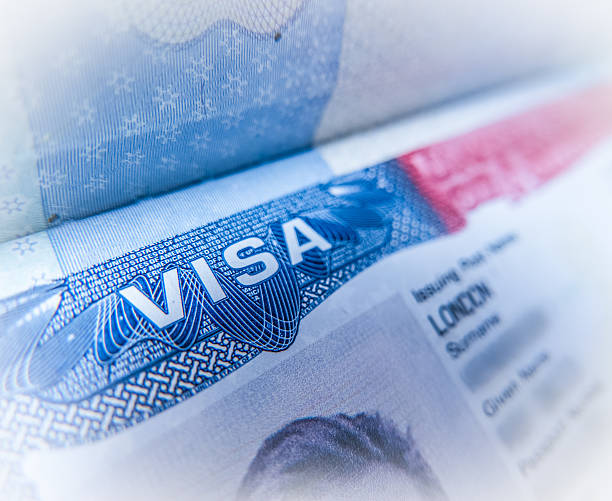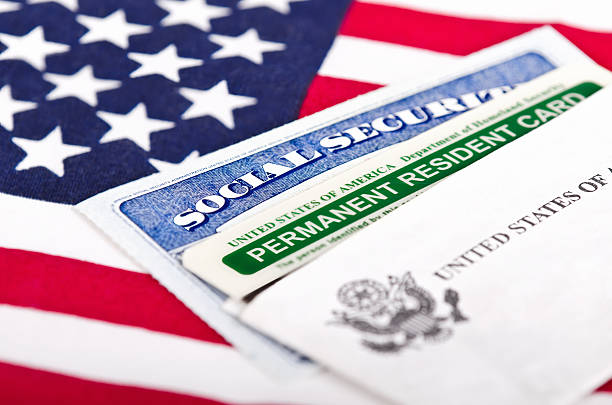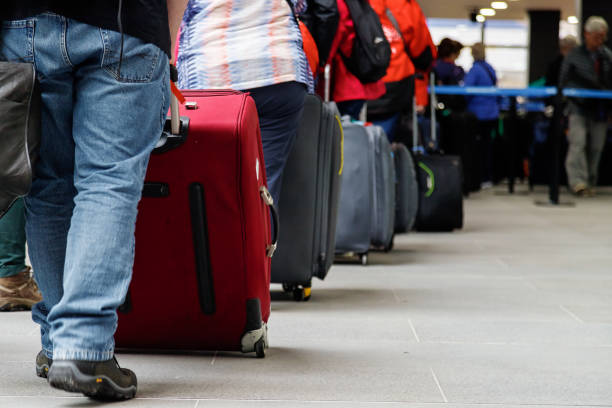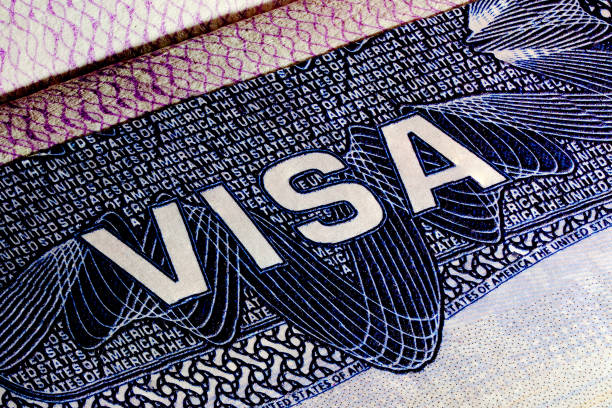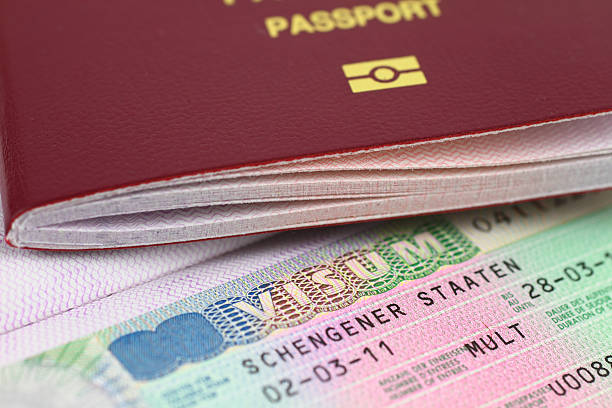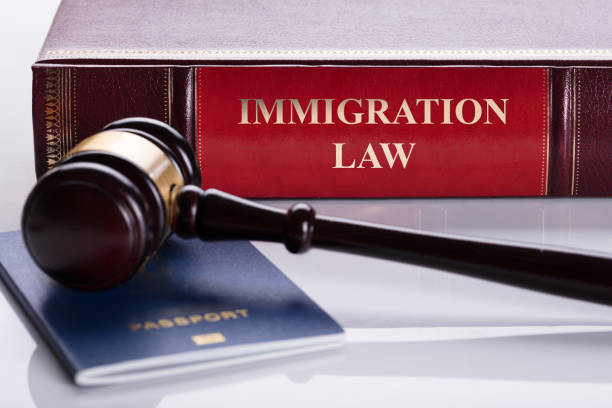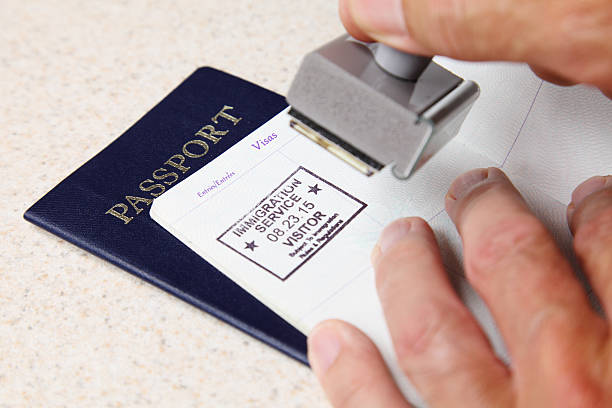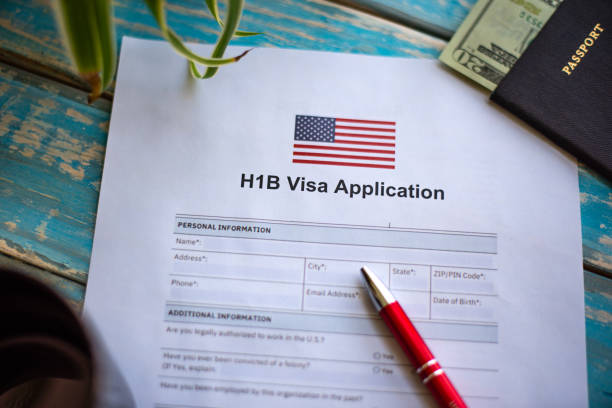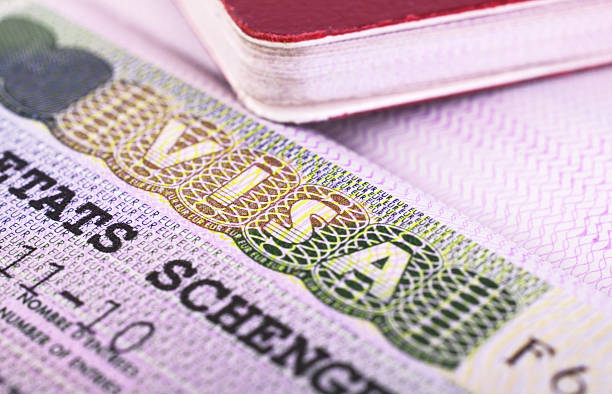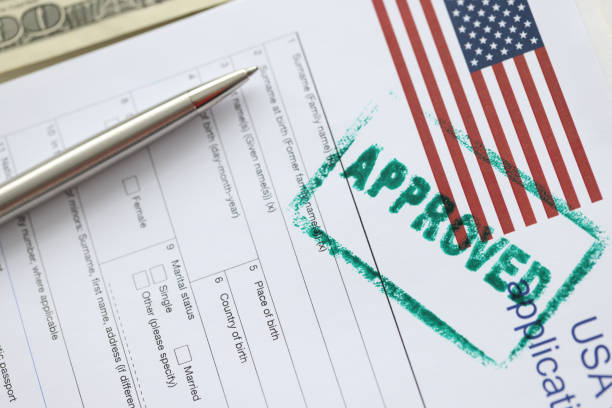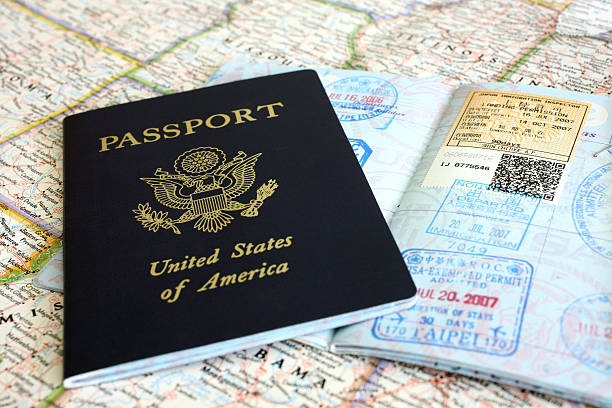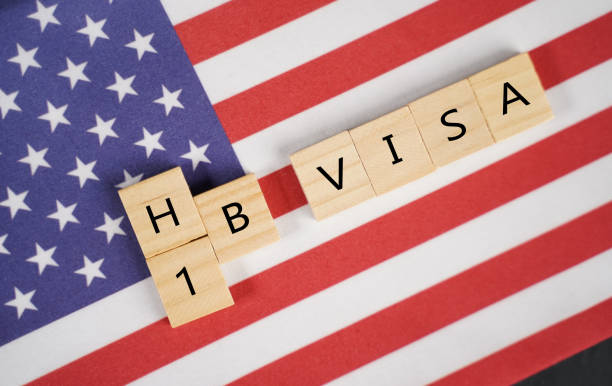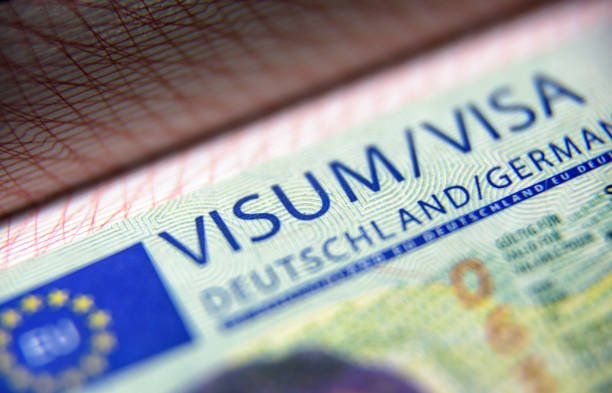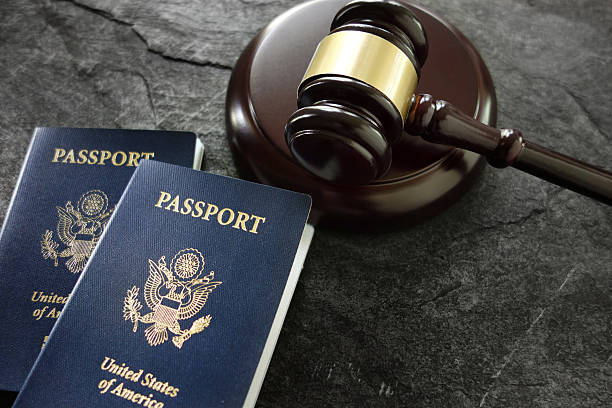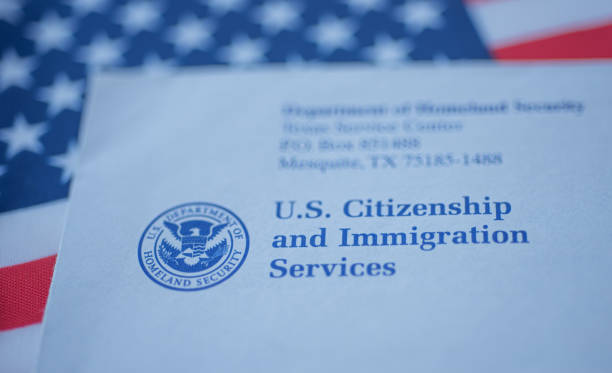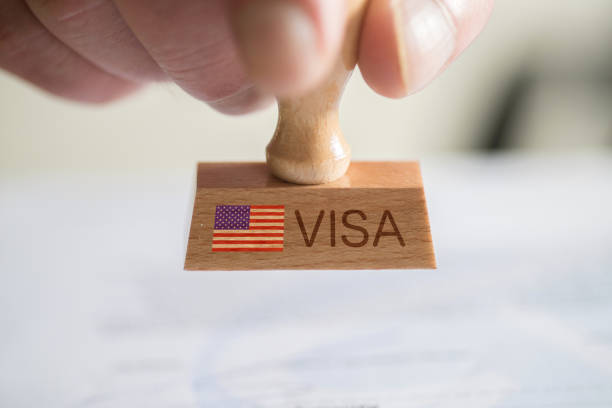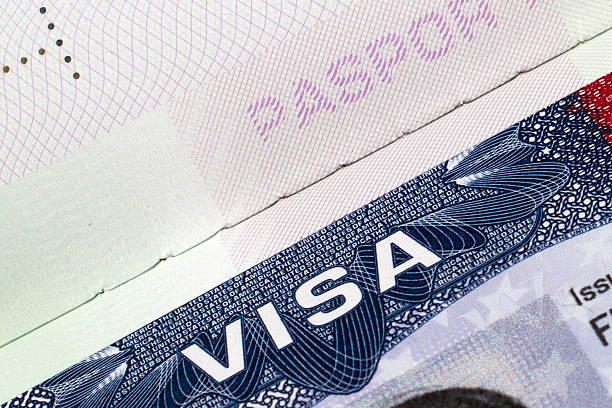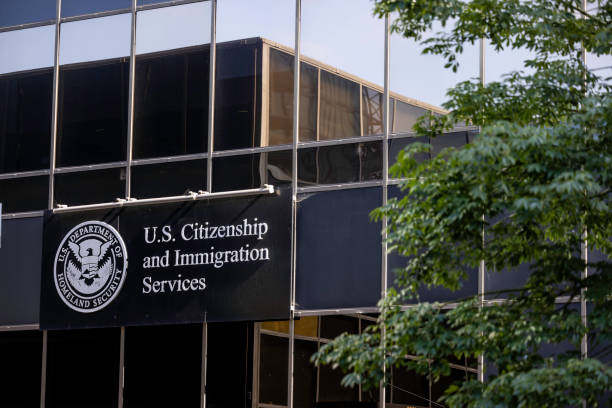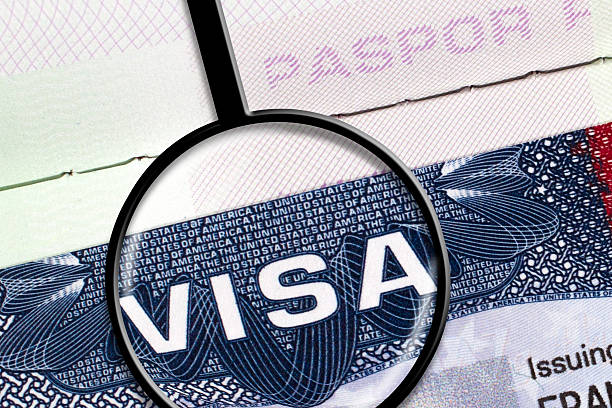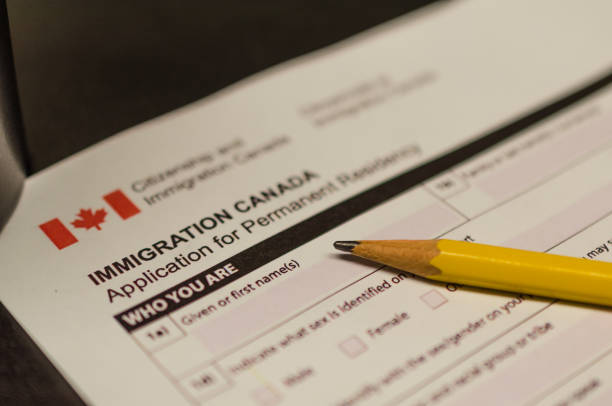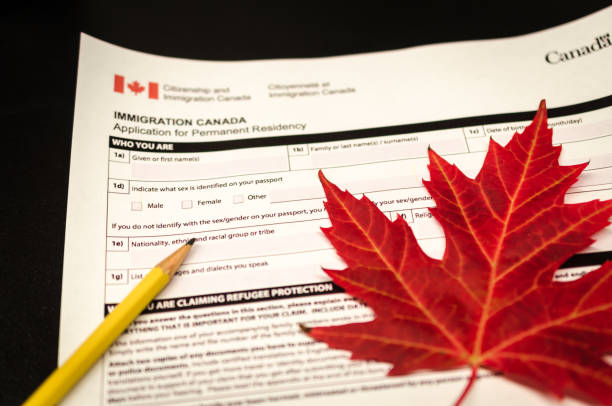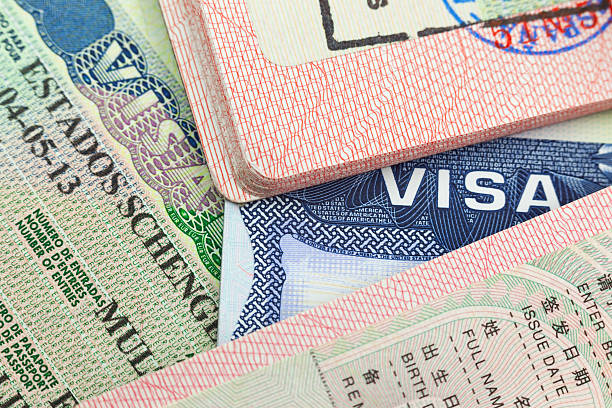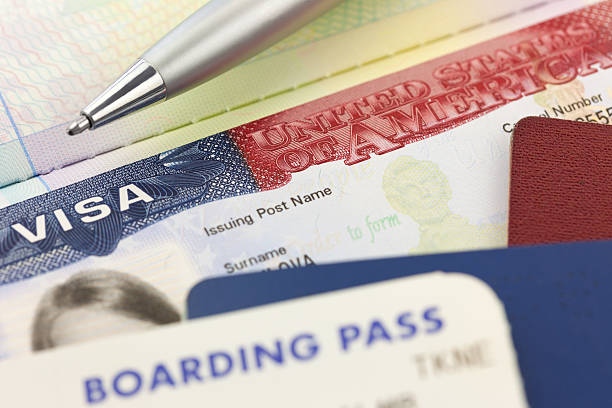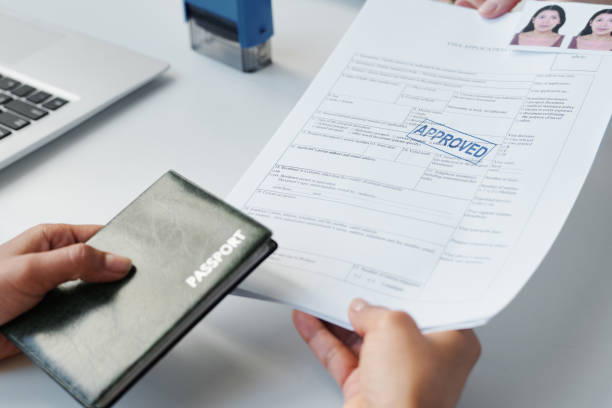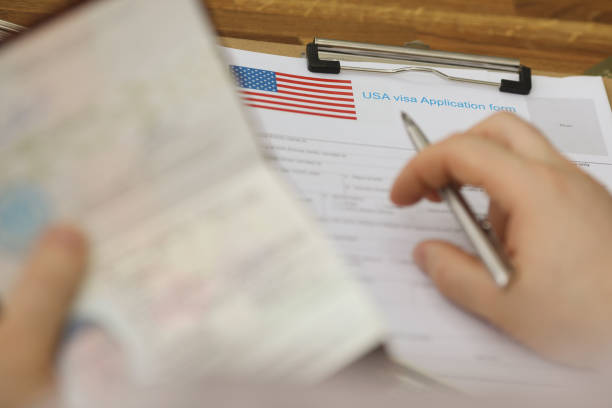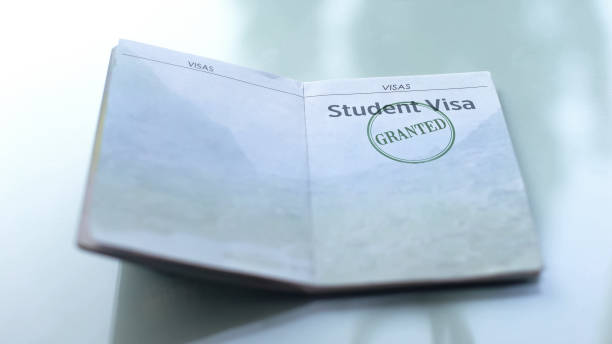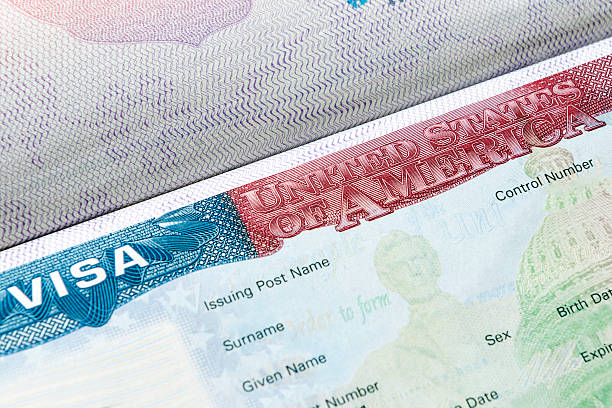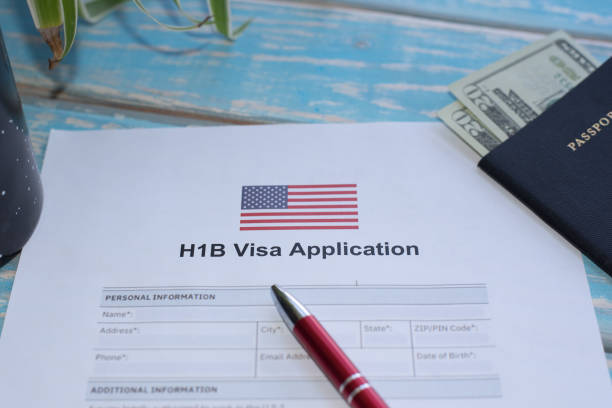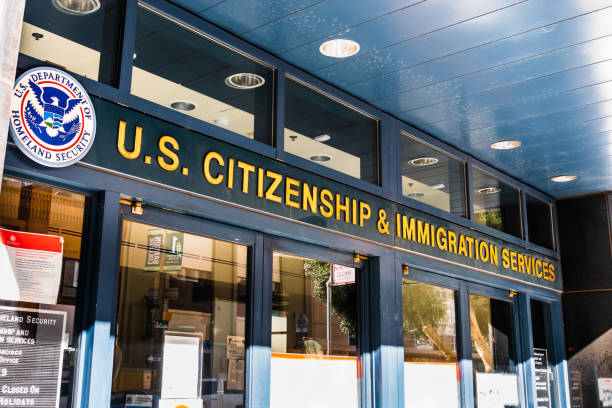
How to Transition from a Student Visa to a Work Visa
How to Transition from a Student Visa to a Work Visa
Transitioning from a student visa to a work visa is a crucial step for many international students who wish to continue living and working in the country where they completed their studies. This process varies by country, but there are common steps and key considerations that can help you navigate this transition successfully. This guide will walk you through the essential aspects of moving from a student visa to a work visa.
Understanding the Basics
Before diving into the specifics, it's important to understand the general requirements and process for transitioning from a student visa to a work visa:
- Work Authorization: Most countries require that you have a job offer from an employer who is willing to sponsor your work visa.
- Timing: It's crucial to start the process early, as visa applications can take time to process, and your student visa may have an expiration date.
- Eligibility: Ensure that you meet the eligibility criteria for the work visa, which may include educational qualifications, job requirements, and sometimes, language proficiency.
Step-by-Step Guide
1. Research Visa Options
Different countries offer various types of work visas for international graduates. Research the specific work visa categories available in your host country and identify which one suits your situation best.
2. Secure a Job Offer
Most work visas require you to have a job offer from a recognized employer. Start applying for jobs well before your student visa expires. Utilize university career services, job fairs, and online job portals to find opportunities.
3. Check Eligibility and Requirements
Each work visa category has specific eligibility requirements. These may include:
- Educational Qualifications: Ensure your degree is recognized and relevant to the job you're applying for.
- Job Position: The job should typically be in a specialized field that requires a higher education degree.
- Sponsorship: Your employer must be willing to sponsor your work visa.
4. Gather Necessary Documentation
Prepare all the required documents for your visa application, which may include:
- Passport and current visa
- Job offer letter
- Proof of educational qualifications
- Resume or CV
- Financial statements
- Application forms and fees
5. Apply for a Work Visa
Submit your work visa application to the appropriate immigration authority in your host country. This process may involve:
- Completing and submitting application forms
- Paying application fees
- Attending an interview (if required)
- Providing biometric information (if required)
6. Await Visa Approval
After submitting your application, there will be a waiting period while your application is processed. This can vary depending on the country and the specific visa type. Ensure you stay in legal status during this period.
7. Transition to a Work Visa
Once your work visa is approved, you will need to transition from your student visa status. This might involve:
- Exiting and re-entering the country (if required)
- Registering with local authorities
- Updating your employment status with your employer
Key Considerations
- Early Planning: Start planning for your transition well before your student visa expires to avoid any gaps in your legal status.
- Legal Assistance: Consider consulting with an immigration attorney to navigate complex visa processes and ensure compliance with local laws.
- Networking: Leverage your university's alumni network and professional connections to find job opportunities and gather valuable advice.
- Stay Informed: Keep up-to-date with immigration policies and changes that might affect your visa application process.
Conclusion
Transitioning from a student visa to a work visa can be a challenging but rewarding process. By understanding the requirements, starting early, and seeking the necessary support, you can successfully navigate this transition and continue your journey in your host country. This guide provides a comprehensive overview, but always refer to the specific guidelines and regulations of the country where you plan to work for the most accurate and detailed information.









